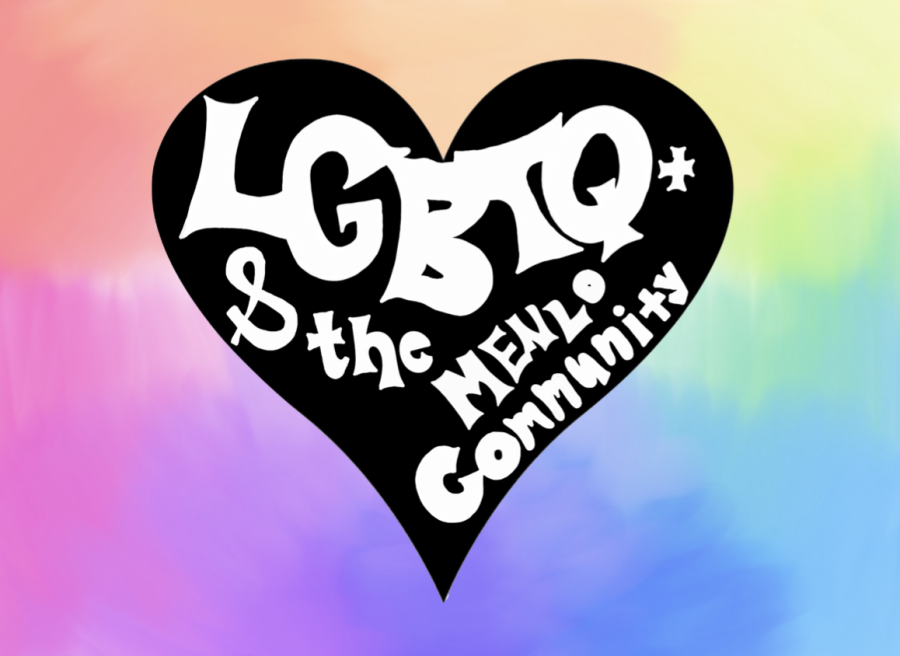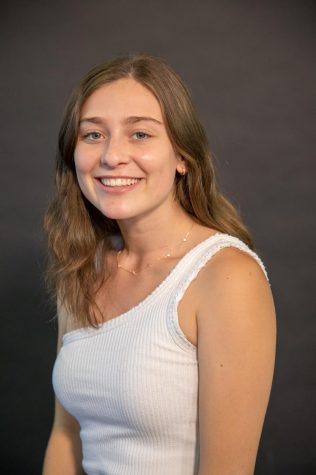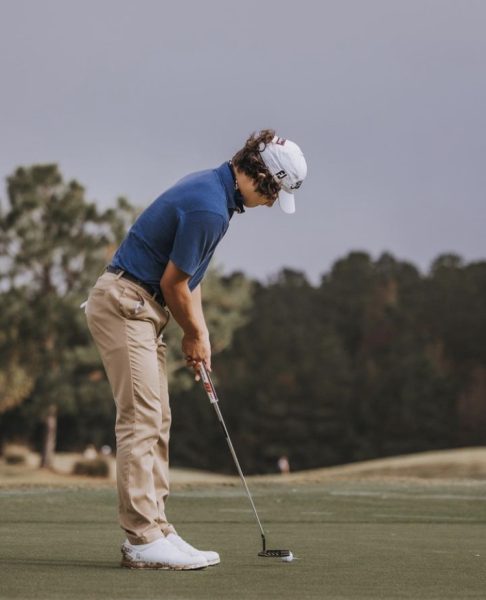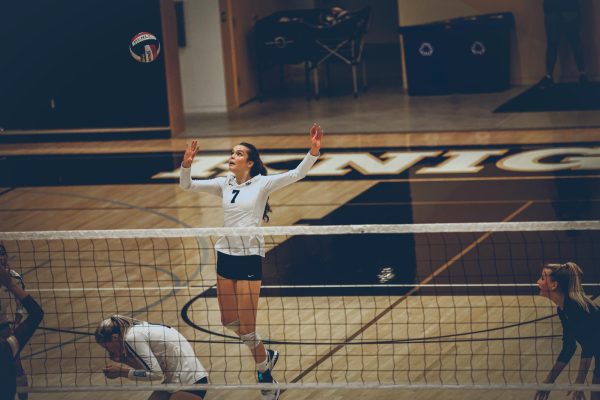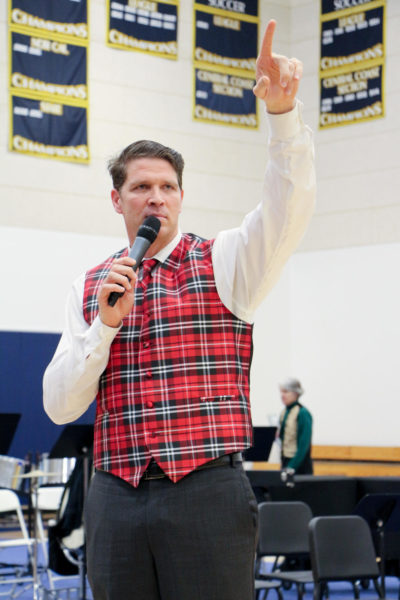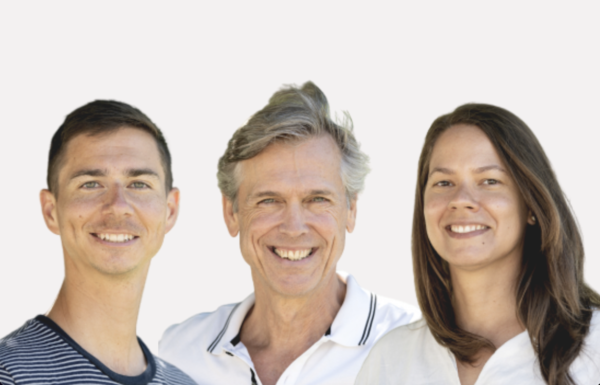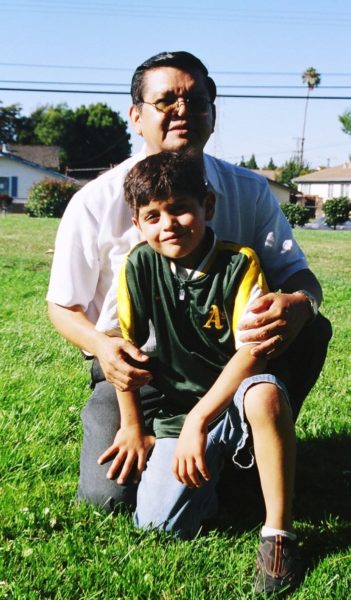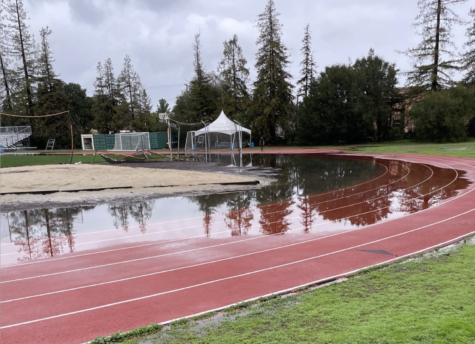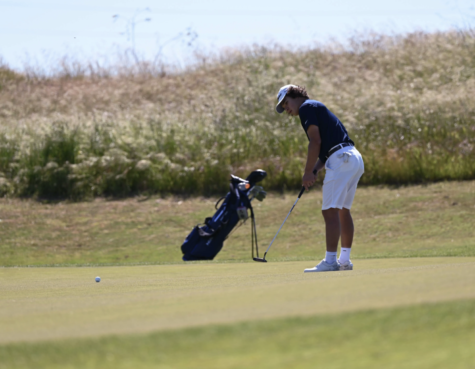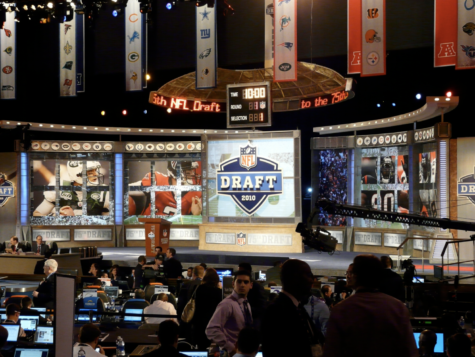The LGBTQ+ Experience at Menlo: I Thought I Knew How to be an Ally
December 9, 2020
Note: This story is the second in an eight-part package about the Menlo community and the LGBTQ+ experience. It also appeared in the December 2020 47.2 print edition of The Coat of Arms.
———
My sibling wanted to talk. I had just shared with them — that’s Leo’s pronoun — a draft of my college essay. The topic of the essay was Leo. Or to be precise, Leo’s sexuality and gender.
“To get this essay where it needs to be,” Leo wrote in a text, “you and I have to sit together and get personal and vulnerable.”
I realize some of you may be confused, as most of you know I have a brother named Alejandro who graduated from Menlo in 2019. However, I also have an eldest sibling who is 24 years old. This is where, honestly, I get a bit uncomfortable because I’m not sure how to explain without being offensive that my once sister is now Leo, my sibling.
I wanted to share the essay with them because I was proud of it. However, the response I received was not exactly what I had expected. I was a bit nervous.
Leo talked to me for an hour. It turns out, the essay I thought was inspiring was actually harmful: I had explicitly described the medical procedures Leo went through as part of their gender transition. However, this came off as if I had reduced Leo’s identity to a set of gender-affirming medical care when in reality there is a spectrum of transgender identities, and medical treatments aren’t what makes someone transgender.
Also, I mentioned the name they were called before they adopted the name Leo. I didn’t know that referring to someone’s old name — or “dead name” — can be deeply hurtful. It recalls an identity that is essentially dead to the person.
I’ll admit when I first learned that my sibling came out as queer, and a few years later wanted to be referred to as Leo and with they/them pronouns, I just accepted it, but nothing more. I had grown up in a generation where I didn’t find it strange because it was becoming normalized in the world around me. When I would hear my peers make “gay jokes,” I would speak up and say it was wrong.
But what I didn’t do was talk to Leo and hear their story. I didn’t know what I had to do to support them.
At Menlo, I think we talk a decent amount about the LGBTQ+ community during the annual assembly. However, queer students aren’t just queer for one day, but every single day. It’s hard to be an ally when you mainly learn about the subject through hearing others’ stories. This is important, don’t get me wrong, but there is more that needs to be done, and it starts with the schools.
“What I needed from my school was to recognize that there were queer students, and, even if there was just one [student who was queer], it should have meant thinking about how [the school curriculum should] incorporate topics that are necessary to not just queer survival, but queer success,” Leo told me. For example, that involves how it is taught in sex-ed and how it is taught in history classes. At Leo’s high school, their history class didn’t touch on LGBTQ+ history that much, making the idea of being queer seem uncommon. In turn, it reinforced the heteronormative idea that straight and cisgender are the default.
“Often, for me growing up, I felt like I was expected to educate the people around me at a time when I was still trying to figure out a lot of things. That responsibility should have fallen to the adults in the room,” Leo said.
I learned being an ally means doing your own research and not always expecting that your family or friends will teach you.“If as a 12-year-old or a 14-year-old or a 17-year-old, I could find that information on my own, then so can adults,” Leo said.
I then thought about the people around me and the people I follow on social media. I realized I was more in touch with people who I shared a lot in common with than people who have different life experiences than me.
“If we don’t have relationships with people [who] are different from us, then there’s such a limited way for us to understand those experiences and know how to advocate for them,” Leo said. This goes beyond the LGBTQ community. When in public, whether your friend is queer, blind, can’t walk or a person of color, are you making sure that this place is accessible and safe? “It’s about doing a lot of heavy lifting such that your friend doesn’t have to consistently advocate for themselves,” Leo said.
I was grateful to Leo for calling me out, and you should be, too, if you get called out. Because of this conversation, I got the opportunity to learn and be a better ally. At the end of the day, someone felt safe and comfortable to point out the harm I caused. That is something I hope you know how to not only appreciate but also acknowledge so that you can learn more to better support that person.


